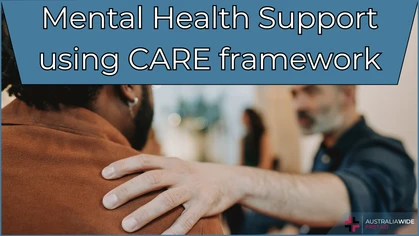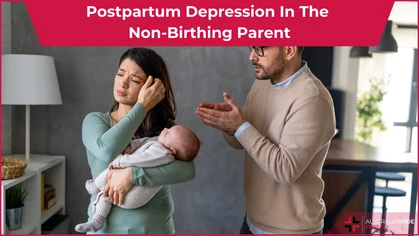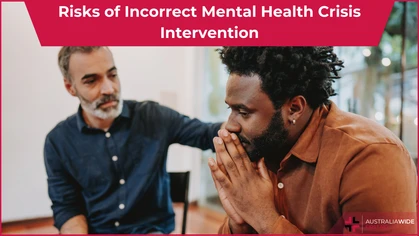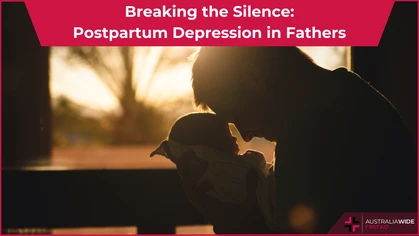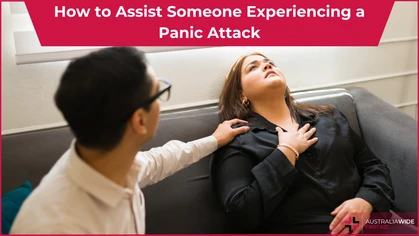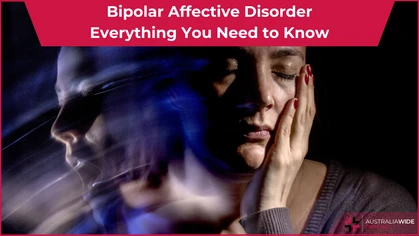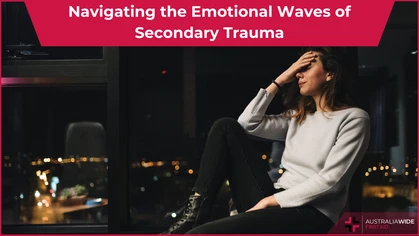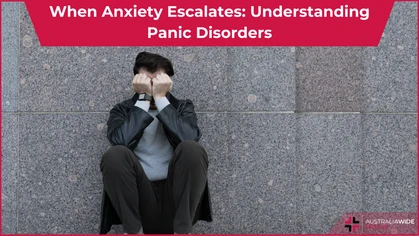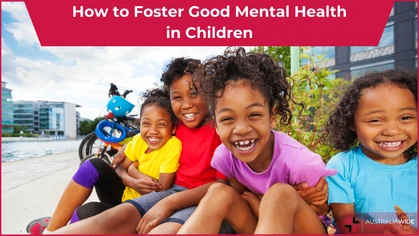What is Mental Health First Aid

Mental Health
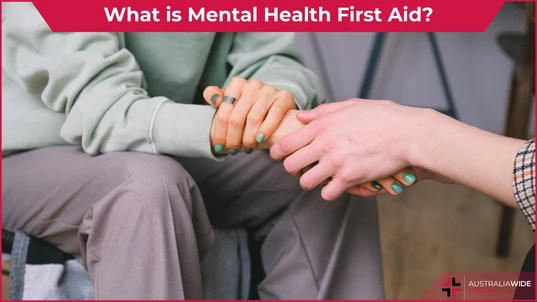 Mental health first aid involves providing initial support to someone experiencing a mental health crisis. Just as physical first aid is administered for physical health emergencies, the idea is to provide support in the moment, rather than attempt to ‘fix everything’.
Mental health first aid is an essential component of contemporary healthcare, yet it often remains less understood than its physical counterpart.
Mental health first aid involves providing initial support to someone experiencing a mental health crisis. Just as physical first aid is administered for physical health emergencies, the idea is to provide support in the moment, rather than attempt to ‘fix everything’.
Mental health first aid is an essential component of contemporary healthcare, yet it often remains less understood than its physical counterpart.
What is Mental Health First Aid?
Mental health first aid involves recognizing symptoms of mental health issues, providing initial help, and guiding individuals toward appropriate professional support if needed. It is akin to traditional first aid, but it's focused on providing assistance to individuals experiencing mental health challenges or crises. Note that the purpose of mental health first aid is not to ‘fix’ the person, rather it is to provide help and support. The first step in this journey is to recognise and accept that every person’s brain is different, and everyone experiences events differently. What might not seem like a big deal to you could in fact be catastrophic or terrifying to another person. The second step is to recognise and accept that mental health difficulties are not ‘by choice’ or ‘for attention’. Many are hard-wired into the way the brain works, many others are a symptom of chemical imbalances or other medical issues. The person experiencing a mental health challenge is not choosing to do so, and they may need help in progressing through the challenge and out the other side.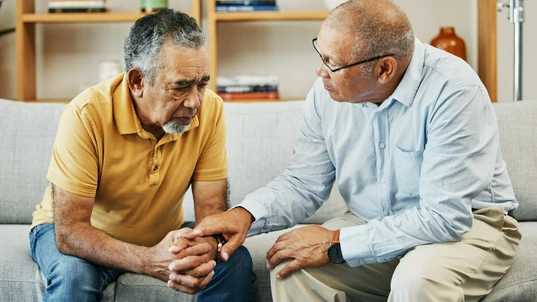
Key Components of Mental Health First Aid
Mental health first aid is not dissimilar to traditional first aid, in that regular training keeps your skills and knowledge up to date and ready to use. Providing support to someone experiencing distress can be taxing emotionally, mentally, and even physically. Learning to appropriate support strategies will allow you to help other people, and also help you to guard your own mental health during times of support. Recognizing Signs and Symptoms Mental health first aid training teaches participants to recognize common signs and symptoms of mental health issues such as depression, anxiety, psychosis, and substance use disorders. This includes understanding behavioural changes, emotional cues, and physical manifestations of distress. Providing Initial Support Once signs of mental distress are identified, initial support can be offered. This may involve active listening, offering reassurance, and providing practical assistance such as helping them access professional help or connecting them with relevant resources. This may include calling Triple Zero (000) in the event of an extreme mental health problem. Promoting Self-care and Coping Strategies Mental health first aid also emphasizes the importance of self-care and coping strategies. This is applicable to both the person in distress and the person providing support. Techniques such as relaxation exercises, mindfulness, and effective communication skills are taught to help manage stress and promote well-being. Destigmatising Mental Illness One of the fundamental goals of mental health first aid is to challenge the stigma surrounding mental illness. By increasing awareness and understanding of mental health issues, mental health first aiders can contribute to creating a more supportive and empathetic community.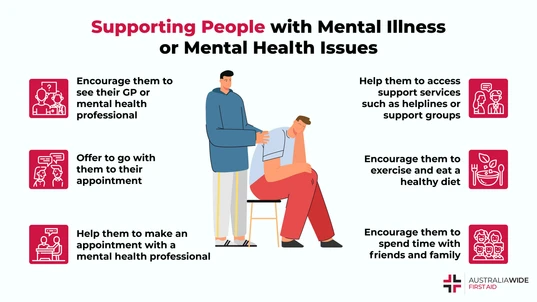
Why is Mental Health First Aid Important?
According to the National Study of Mental Health and Wellbeing, just over 40% of people aged 16-85 have experienced a mental disorder at some point in their life. It is extremely likely that someone you live with, work with, or have regular contact with falls into that category. You may even be there yourself. It is important to note that a person may be experiencing distress without a formally diagnosed mental health condition or mental health disorder. Having the skills to provide mental health first aid enables you to better support yourself and those you care about. Early Intervention Mental health first aid enables early intervention, which can prevent crises from escalating. Just as administering first aid for a physical injury can prevent further harm, providing timely support for mental health issues can lead to better outcomes and recovery. Reducing Stigma By fostering open discussions and promoting understanding, mental health first aid helps reduce the stigma associated with mental illness. This encourages individuals to seek help without fear of judgment or discrimination. Empowering Communities Mental health first aid empowers individuals within communities to support one another's mental well-being. By equipping people with the necessary skills and knowledge, communities become better equipped to address mental health challenges collectively. Improving Access to Care In many settings, mental health resources may be limited or inaccessible. Mental health first aid bridges this gap by providing immediate support and guidance to those in need, thereby improving access to care and resources.
Conclusion
Mental health first aid is a vital tool for promoting well-being and supporting individuals experiencing mental health challenges. By recognizing signs and symptoms, providing initial support, and reducing stigma, mental health first aiders play a crucial role in creating supportive communities where individuals feel empowered to seek help and support. As awareness of mental health issues continues to grow, investing in mental health first aid training becomes increasingly important for building healthier and more resilient societies.Mental Health Support
Education bridges the gap between misunderstanding and empathy in mental health. When we lack proper education, stigmas thrive, and those in need may suffer in silence. Just as we prioritise physical health, mental health deserves equal attention. Learning to spot the warning signs of mental health challenges early can lead to timely intervention, often preventing crises that could have severe consequences. A Mental Health Support Course empowers you to recognise and respond effectively to those who may be experiencing difficulties, offering them the care they need to recover.
Originally published at
https://www.australiawidefirstaid.com.au/resources/what-is-mental-health-first-aid
as part of the Australia Wide First Aid Articles Library

